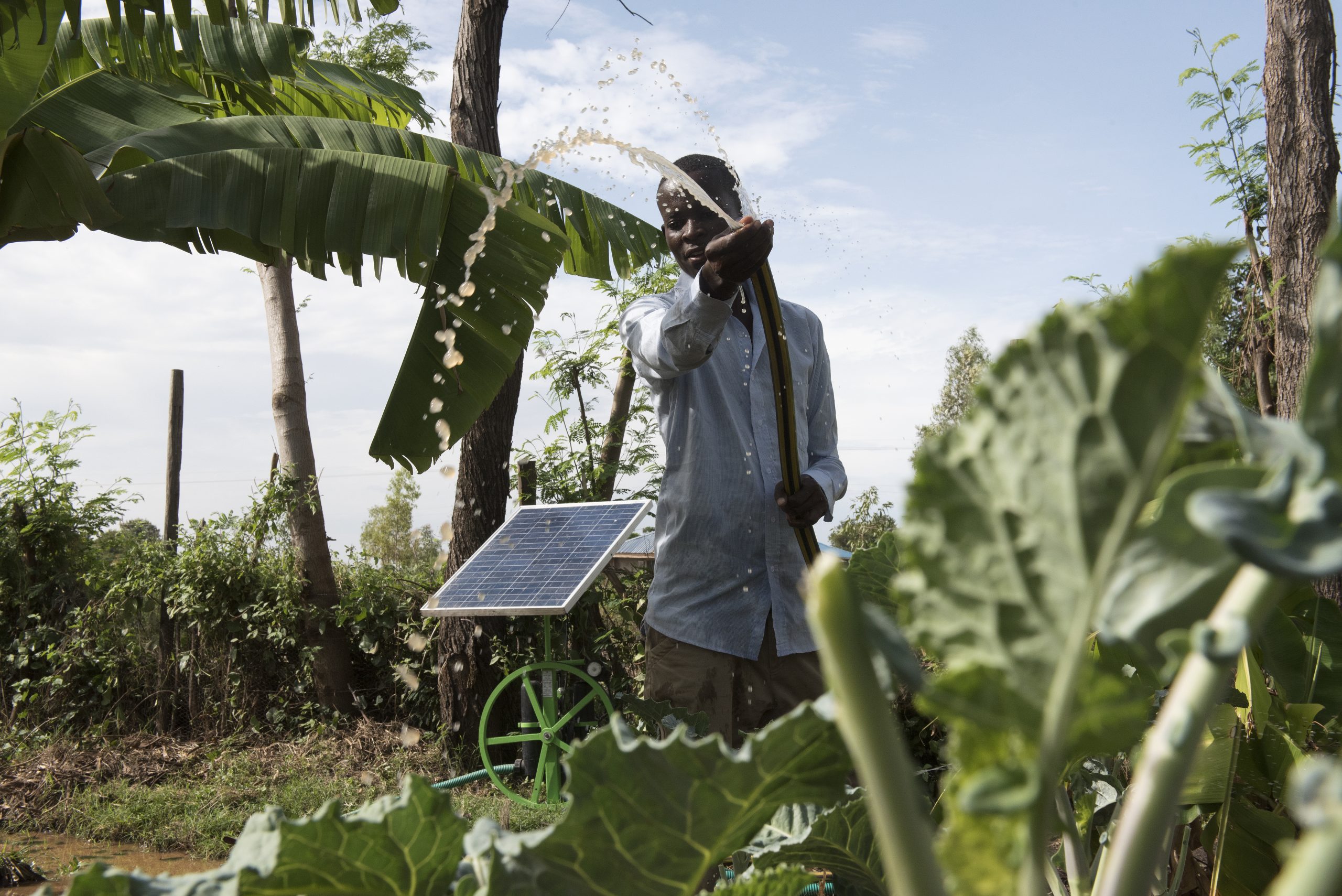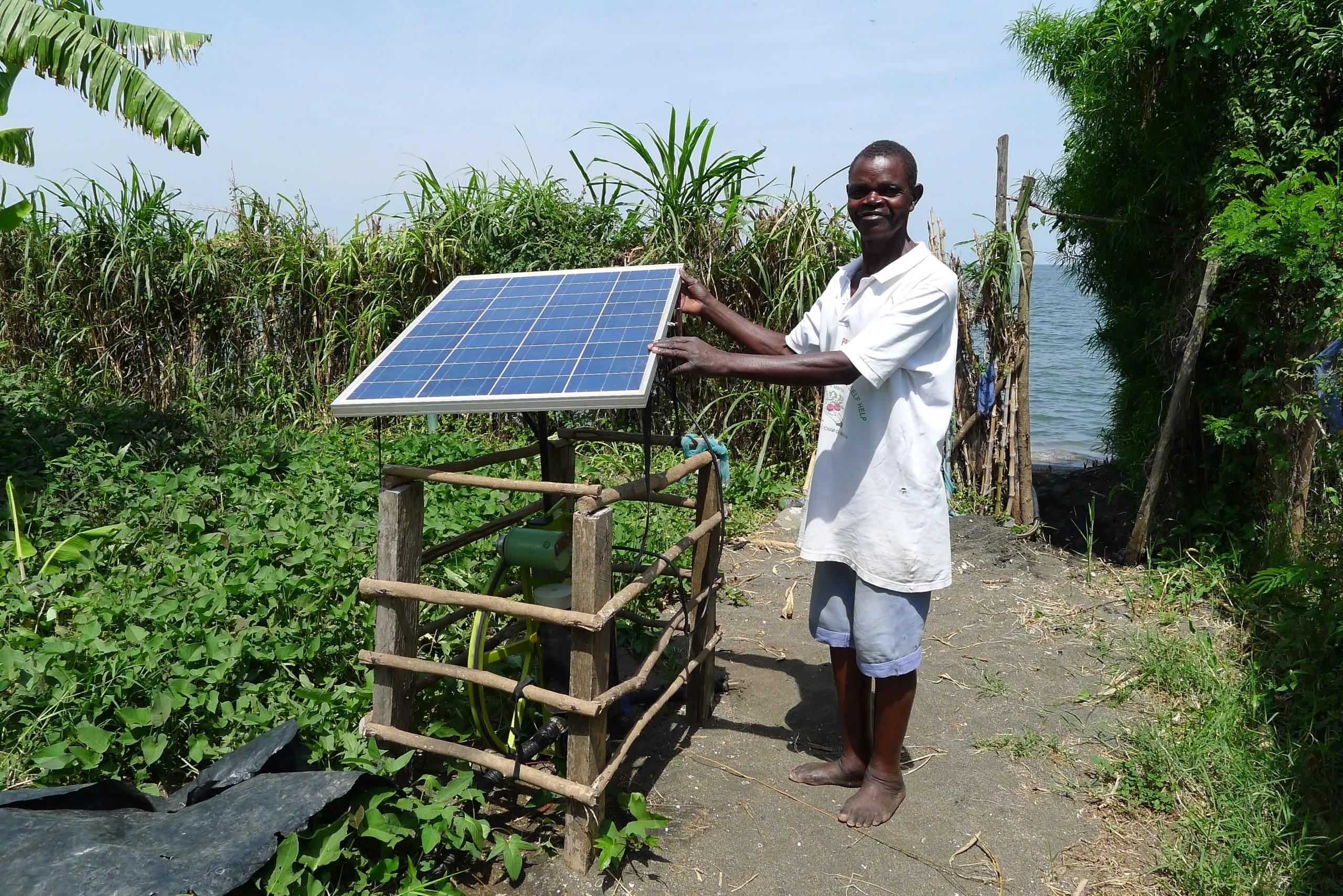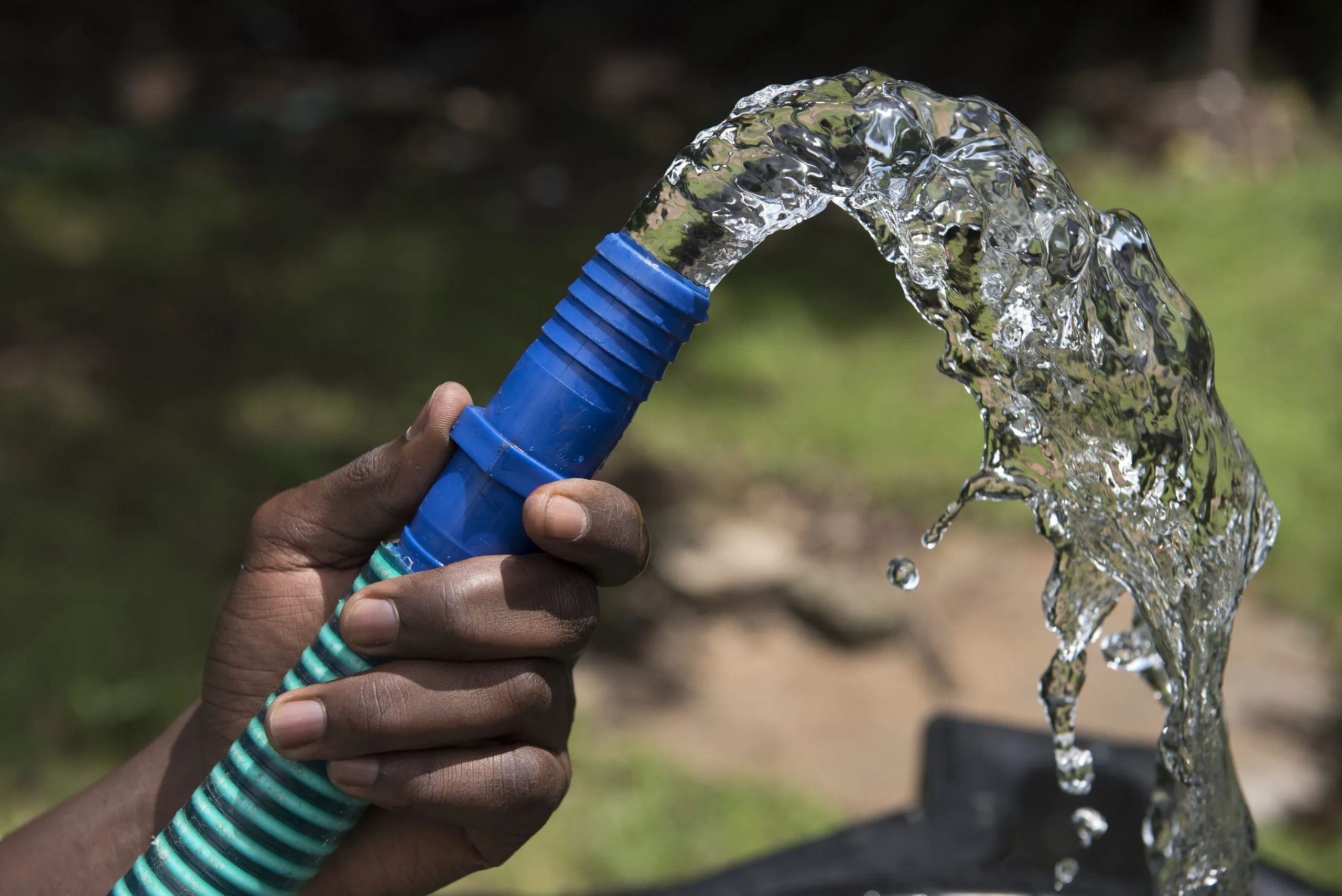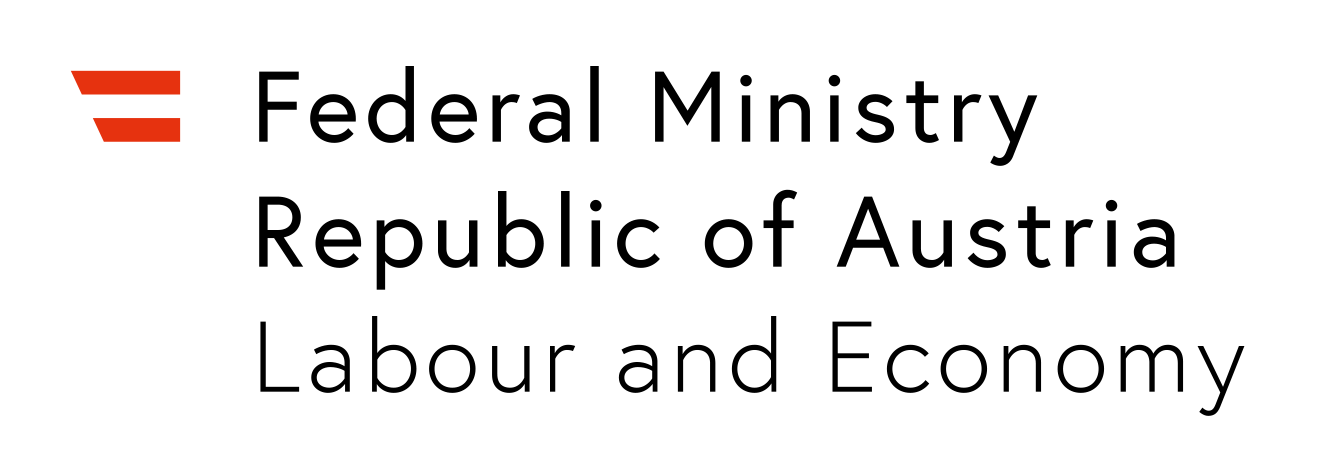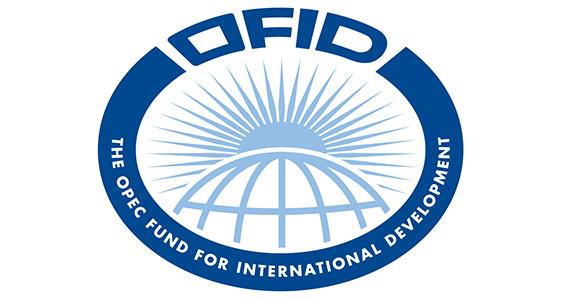The challenge
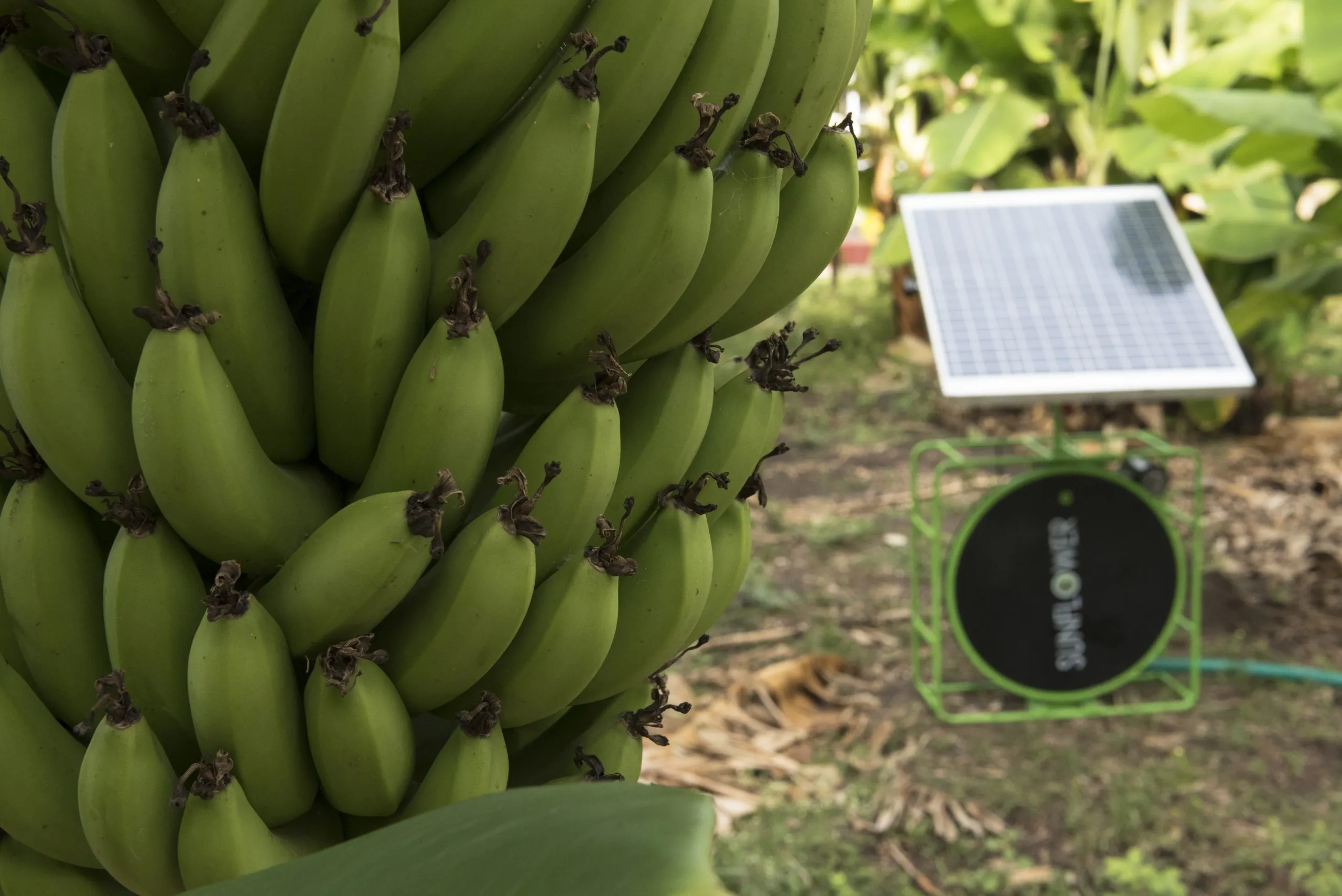
As the population grows and the climate changes, these farmers will need to meet the growing demand for food while building their resilience to changes in rainfall patterns. Irrigation can provide this resilience while increasing farmers’ incomes, as it allows for growing high-value, nutritious vegetables such as tomatoes and cabbage. The expansion of irrigation capacity in Kenya has thus far been dominated by traditional pumps powered by diesel or petrol. These cause pollution and leave farmers vulnerable to fluctuations in the price of fuel. Irrigation in general – and Solar Powered Irrigation Systems (or SPIS) in particular – can provide substantial benefits to local prosperity in regions that adopt them. The most direct benefit is the increased revenue and income that comes with the greater yields of irrigated cropland vis-à-vis rain-fed land. Stable water supplies allow additional growing seasons per year, massively increasing output.
Drip irrigation (a central, although not unique, element of SPIS), leads to substantial water savings compared to current practices, and improves crop quality thanks to a more stable supply, often improving real yields by over 300% . In addition, SPIS offer significant cost savings over time on labour, fuel and fertilizer, a total value to smallholder farmers estimated at around $14,000 per acre annually. Economically, the benefits of increased use of SPIS translate into local opportunities beyond the agricultural boundaries, as small businesses arise to meet demand in manufacture, assembly, repair and sales of SPIS.

